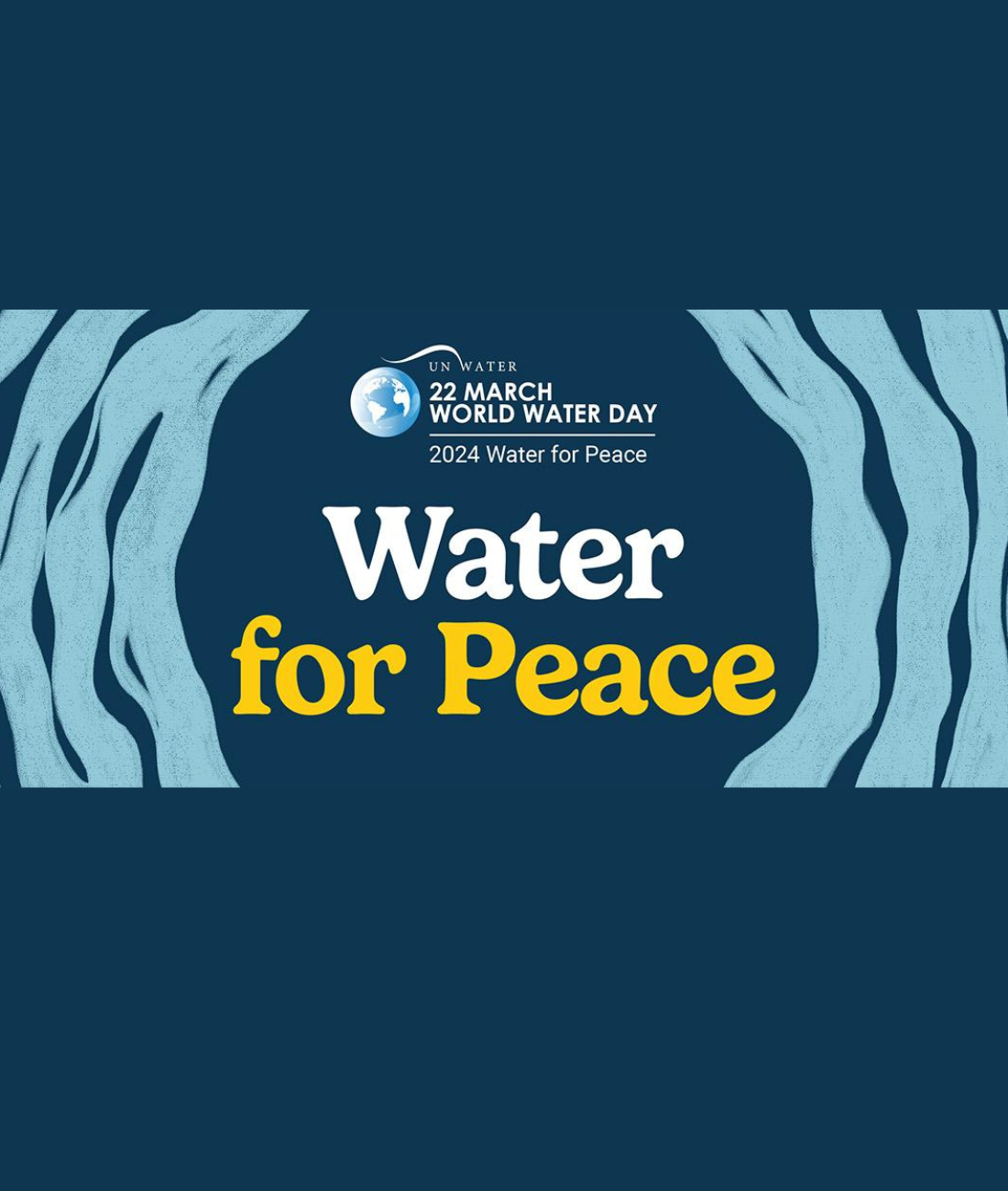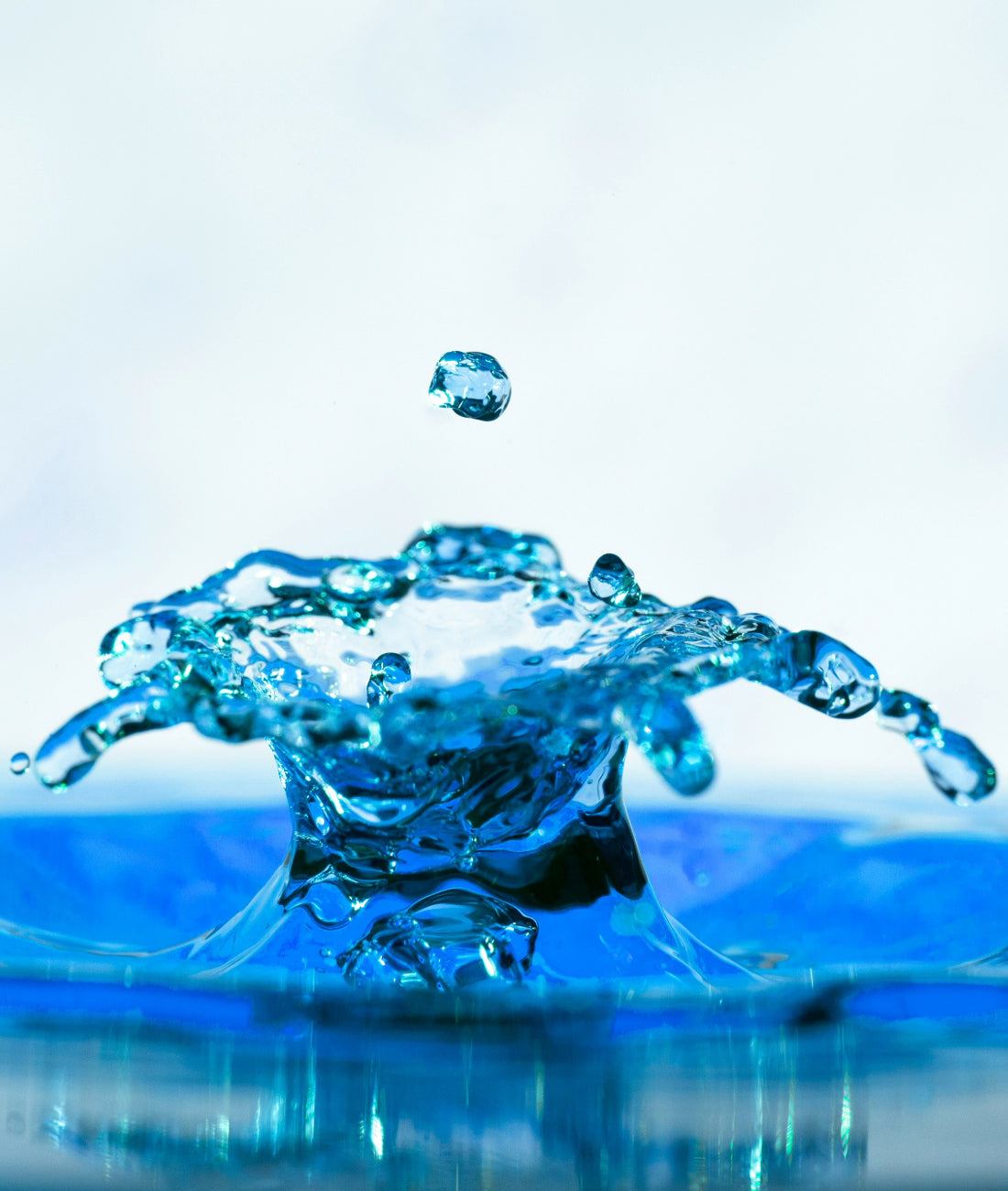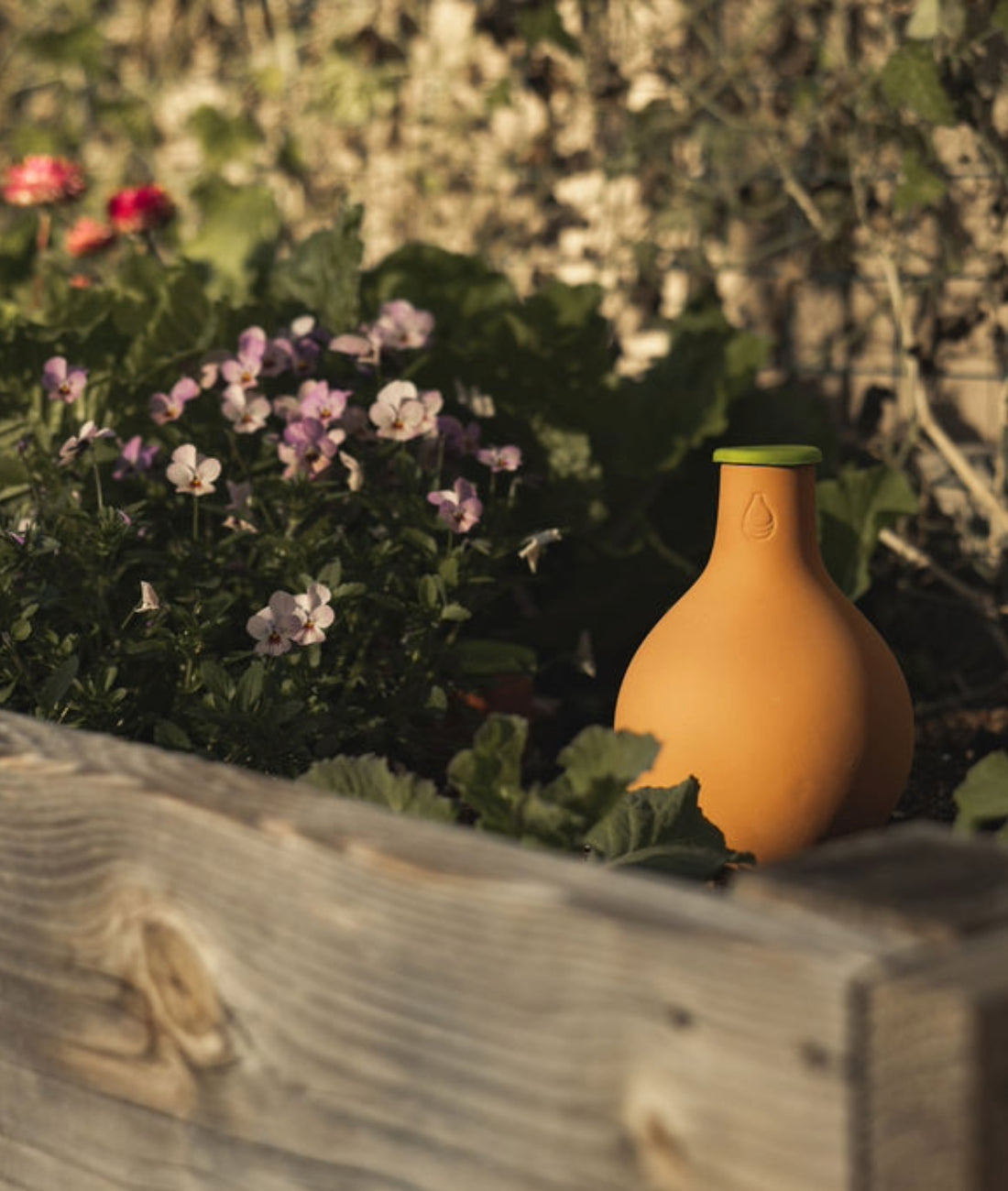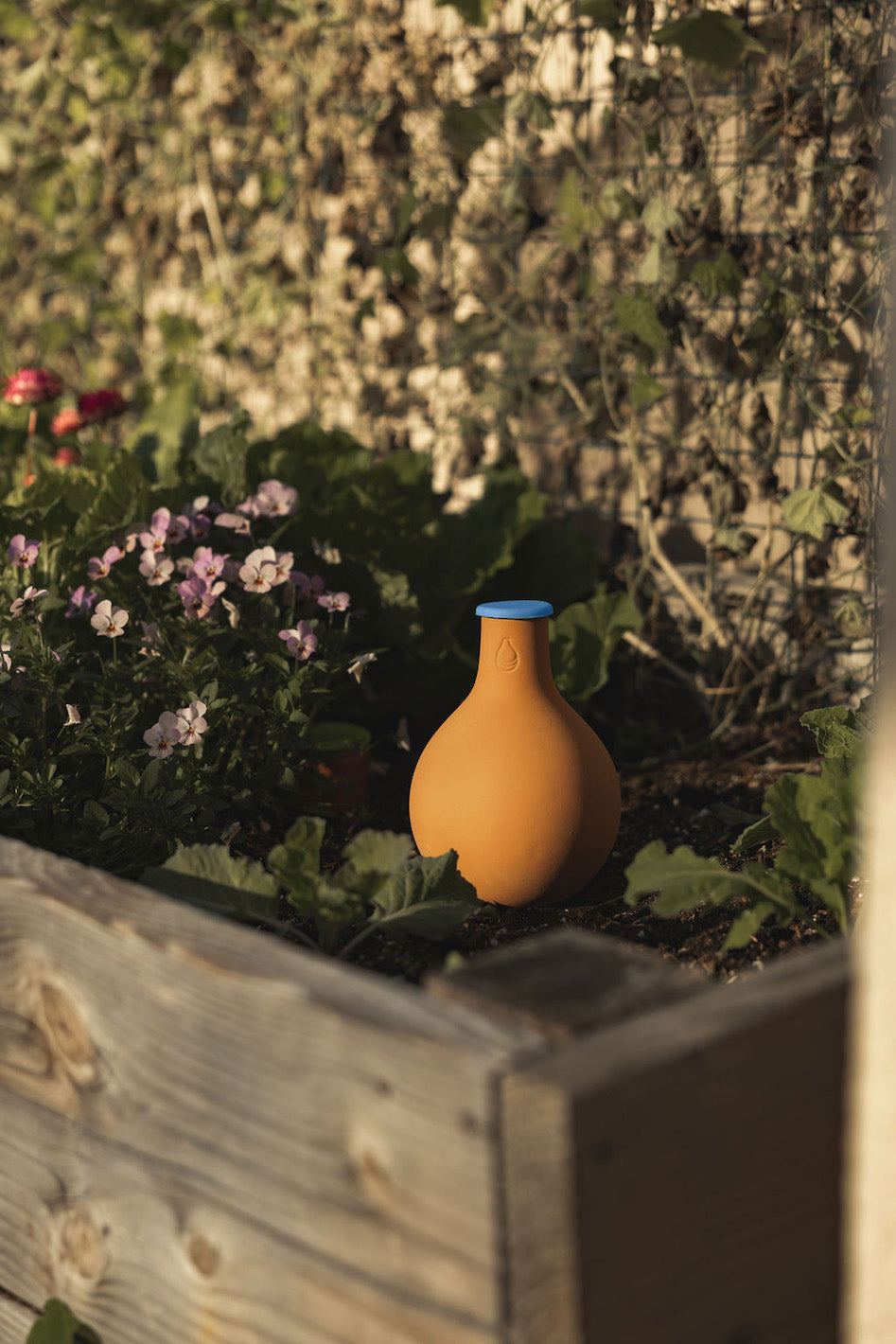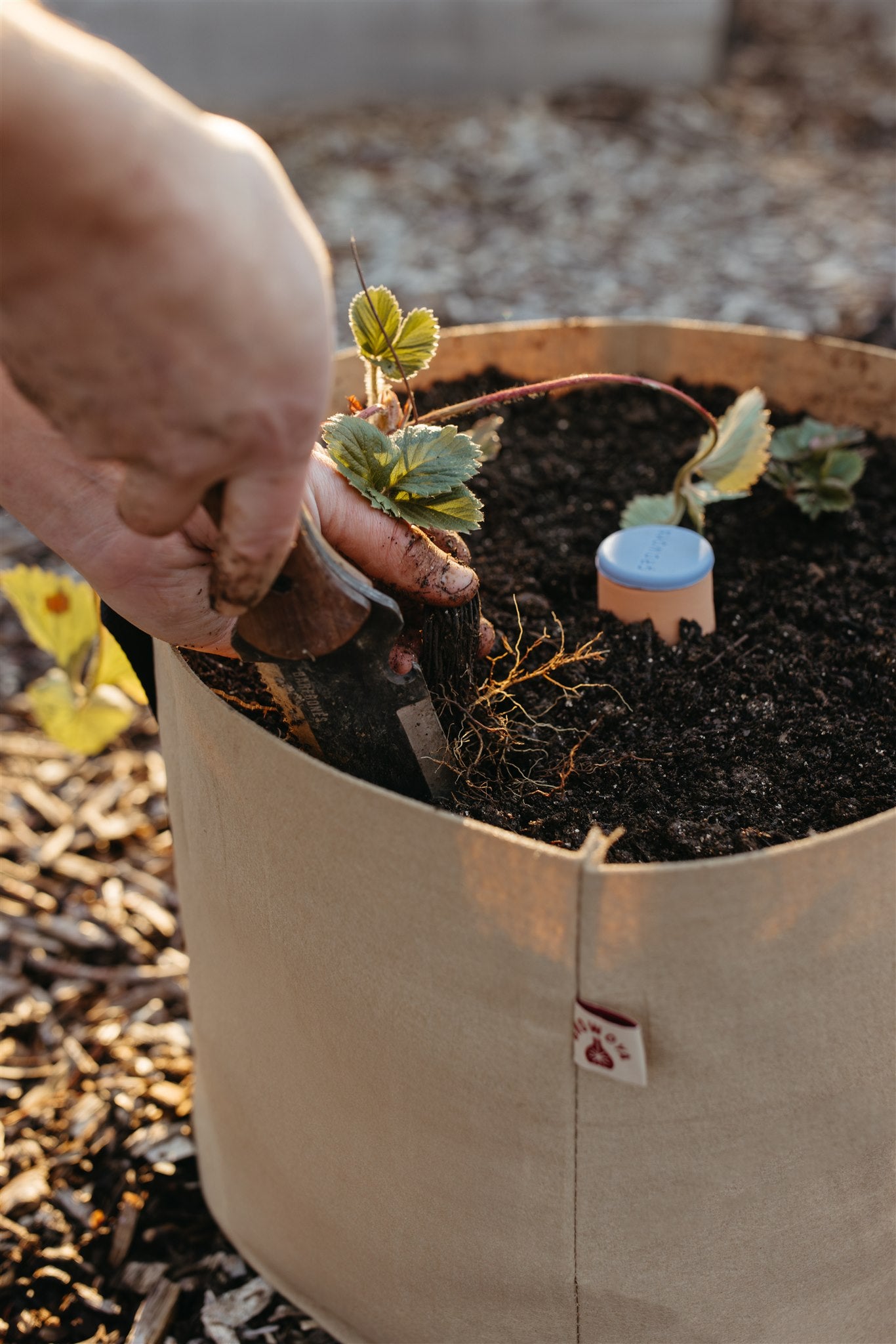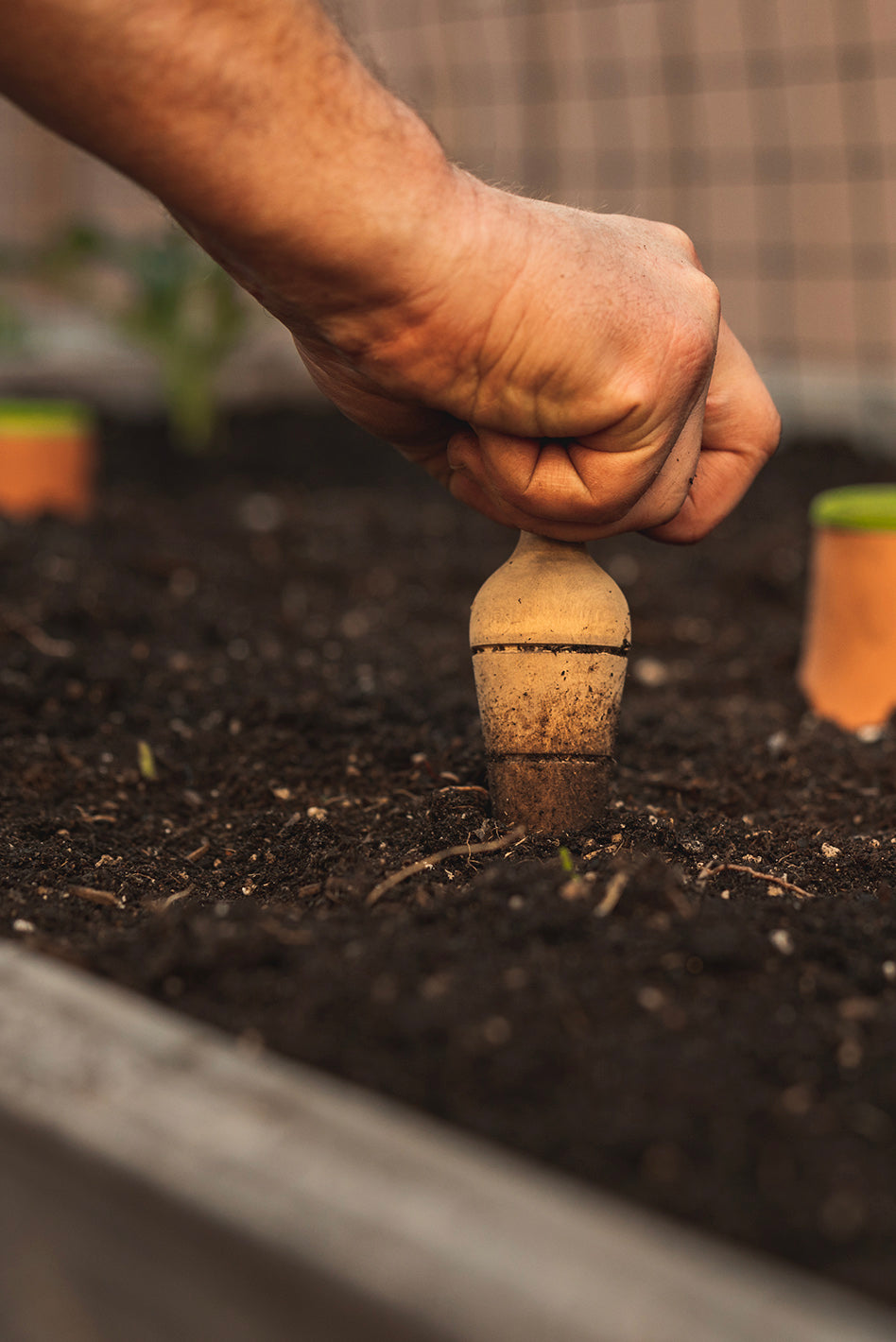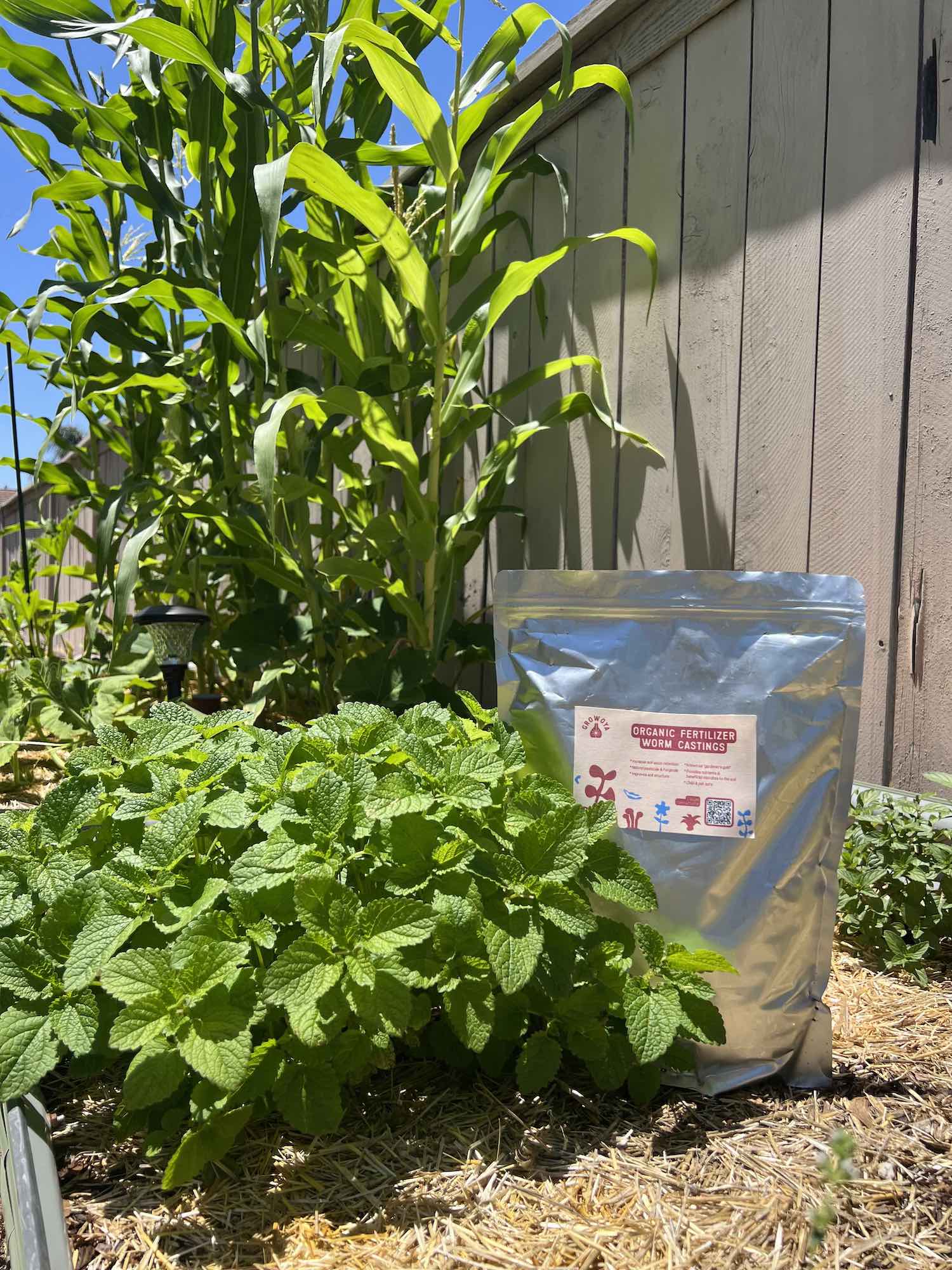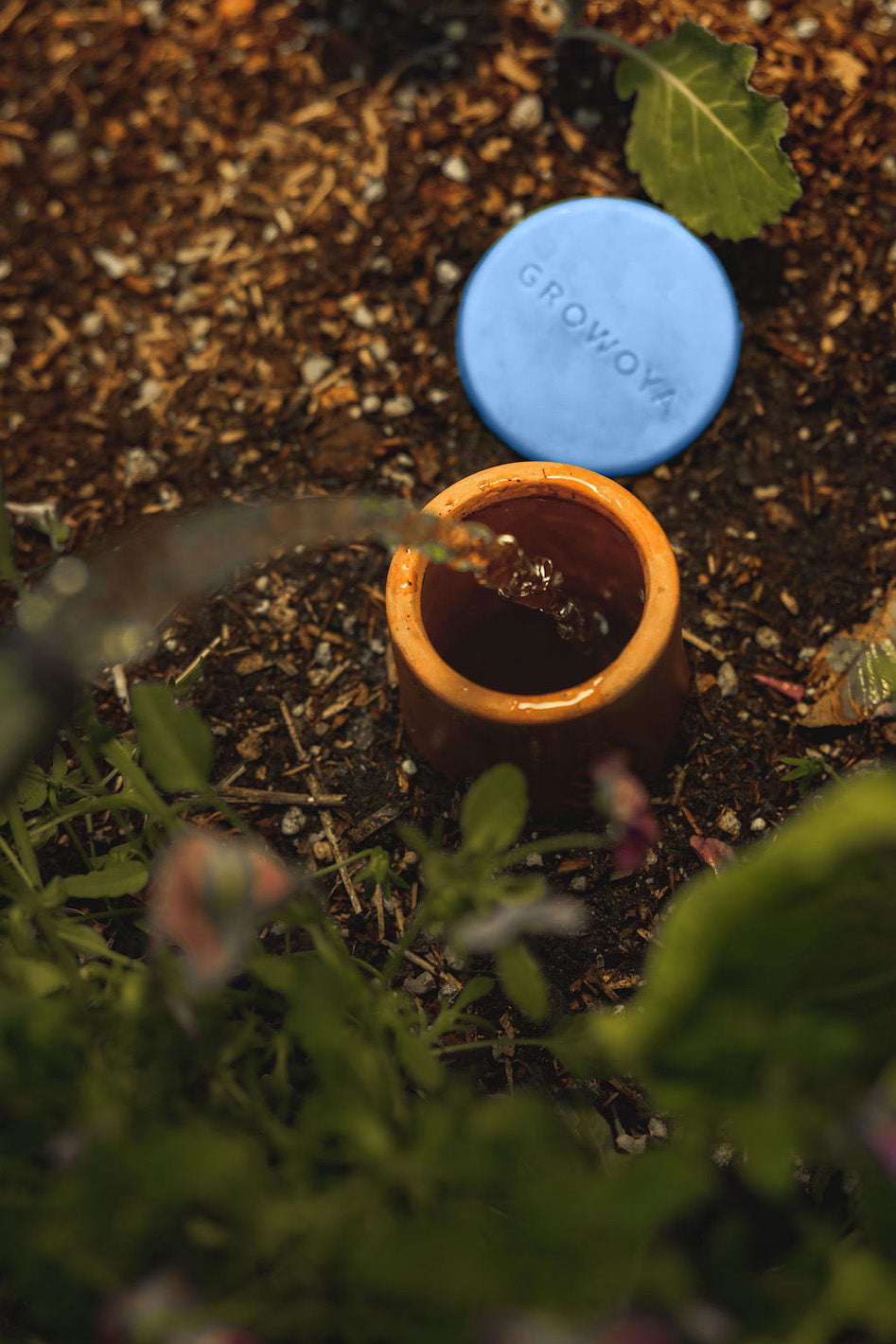Water, the lifeblood of our planet, holds within it the potential for both harmony and discord. As we commemorate World Water Day this year, the theme 'Water for Peace' resonates deeply, reminding us of the pivotal role water plays in shaping our collective future.
In a world where more than 3 billion people rely on water that traverses national borders, the imperative for cooperation is clear. Yet, the stark reality remains: only 24 countries have comprehensive agreements in place for all their shared water resources. As climate change exacerbates water scarcity and pollution, and populations continue to swell, the need for united action has never been more pressing.
At its core, the issue of water transcends mere resource management—it is about safeguarding public health, ensuring prosperity, and fostering environmental integrity. The ripple effects of water-related decisions ripple across sectors, influencing everything from economic productivity to social stability.
The theme of 'Water for Peace' encapsulates this interconnectedness, underscoring the transformative power of cooperation. By coming together to protect and conserve our most precious resource, we not only mitigate the risk of conflict but also pave the way for shared prosperity and resilience.
This World Water Day, each of us has a role to play in harnessing the power of water for peace. One impactful way to contribute is through sustainable agriculture practices that prioritize water conservation. By employing techniques such as drip irrigation, rainwater harvesting, and soil moisture management, farmers can minimize water usage while maximizing crop yields. Read more about conserving water on our blog '5 Ways We Can Save Water.'
Moreover, as individuals, we can make a difference with every plant we sow and grow. By embracing water-efficient gardening methods and native plant species, we not only conserve water but also create vibrant ecosystems that support biodiversity and resilience.
Beyond individual actions, collective advocacy is key. By raising awareness about the importance of water conservation and equitable access, we can mobilize communities and policymakers alike to prioritize water as a cornerstone of peacebuilding efforts.
